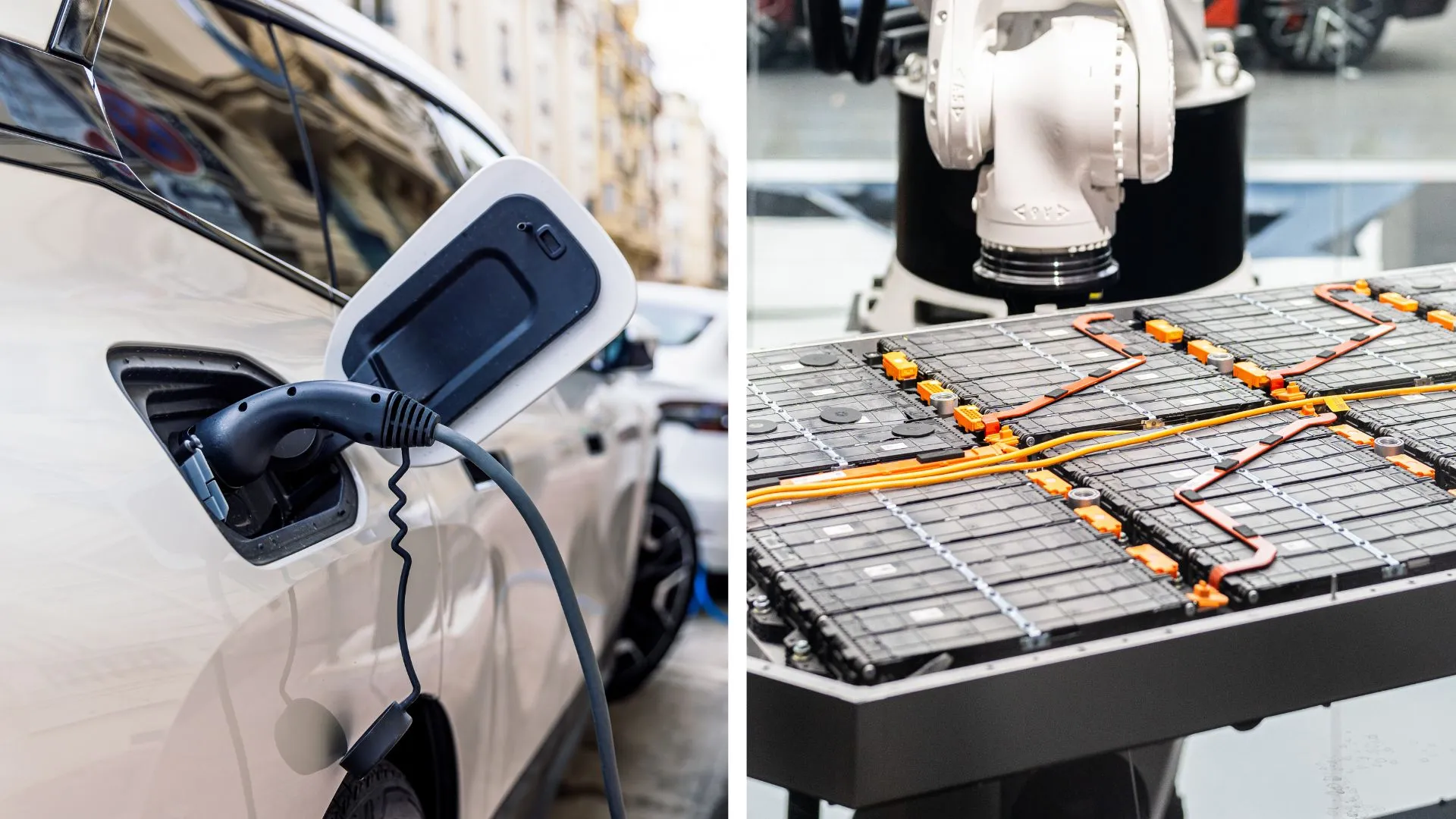Copyright Interesting Engineering

Toyota says it is on track to introduce solid-state batteries (SSB) to its vehicles by 2027-2028. Reports now suggest that these batteries could last up to 40 years, four times longer than most current EV batteries. SSB technology is seen as a potential game-changer for electric vehicles. It promises a range of over 621 miles (1,000 kilometers) on a single charge. The batteries are also expected to be smaller, lighter, and cheaper to produce than existing lithium-ion packs. In October, Toyota announced a breakthrough in all-solid-state batteries, partnering with Sumitomo Metal Mining to mass-produce cathode materials for next-generation EV technology. Sustainable EV power Solid-state batteries replace flammable liquid electrolytes with solid ones, boosting safety, energy density, and lifespan. They are smaller, more powerful, and faster-charging, reducing overheating risks. These improvements promise longer driving ranges and quicker charges, positioning solid-state technology as a key candidate for widespread EV adoption once production hurdles are addressed. Toyota says its new SSBs could outlast the vehicles they power, offering the potential for battery swaps and making higher upfront costs worthwhile over time. At the Japan Mobility Show in Tokyo, company officials highlighted that the technology will initially be expensive, with cost reductions dependent on supply, demand, and production processes, according to Car Expert. The batteries are expected to last four times longer than current EV packs, providing greater long-term value to owners. Initially, the price of solid-state batteries is expected to be significantly higher, but it is anticipated to decrease over time. Their long lifespan allows them to be reused across multiple vehicles, potentially two or three times. While conventional lithium batteries typically maintain 90 percent of their capacity for around 10 years, solid-state batteries are designed to retain 90 percent of their capacity for up to 40 years. This extended durability also reduces the carbon footprint of production, as only one solid-state battery is required to achieve the lifespan equivalent of four conventional batteries. The first SSBs are likely to appear in premium models such as Lexus or Century, before eventually reaching mainstream vehicles like the next-generation Toyota Corolla, reports Car Expert. EV tech advance Toyota and Sumitomo have been collaborating on the development of cathode materials for solid-state batteries since 2021, with a focus on addressing persistent challenges, including cathode degradation during repeated charging and discharging cycles. Leveraging Sumitomo’s proprietary powder synthesis technology, the partnership has produced a highly durable cathode material. Mass production of these new materials is expected to begin as early as Japan’s 2028 fiscal year, with Toyota prioritized as the initial recipient before wider market distribution. The collaboration aligns with Japan’s broader strategy to secure a domestic EV battery supply chain and reduce dependence on China and South Korea. Several Japanese companies, including Toyota, are investing roughly $7 billion (1 trillion yen) in local battery production, supported by government certifications such as METI approval for domestic manufacturing of solid-state batteries. Toyota’s efforts also extend to multiple industrial partnerships beyond Sumitomo. The company is working with Idemitsu Kosan, an oil refiner, to develop lithium sulfide, a key raw material for these batteries. Idemitsu is constructing a large-scale facility capable of producing 1,000 metric tons of lithium sulfide annually, with a target of mass production by 2027. Despite this progress, experts caution that the mass adoption of solid-state batteries will take time due to challenges in sourcing raw materials, complex manufacturing processes, and high production costs. Nevertheless, Toyota’s recent developments demonstrate significant momentum toward commercializing solid-state batteries, marking a major step forward in the pursuit of longer-lasting, more efficient, and domestically produced EV battery technology.



